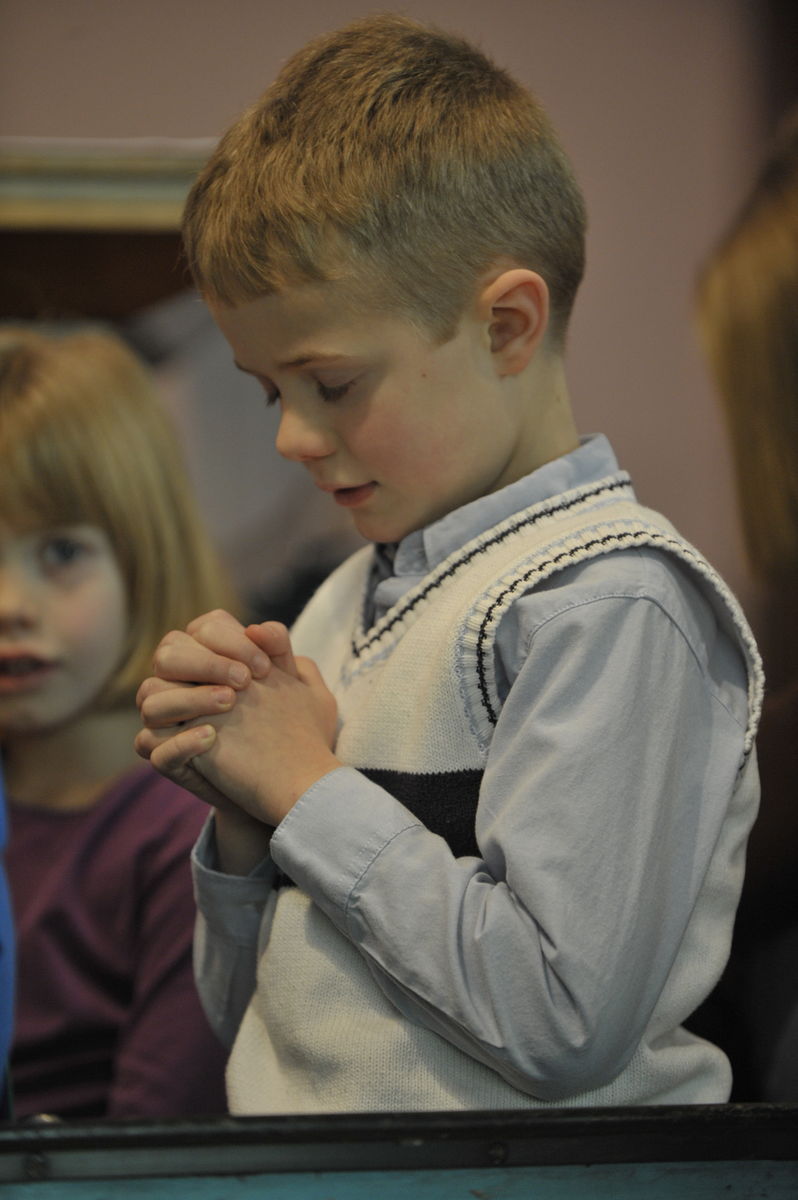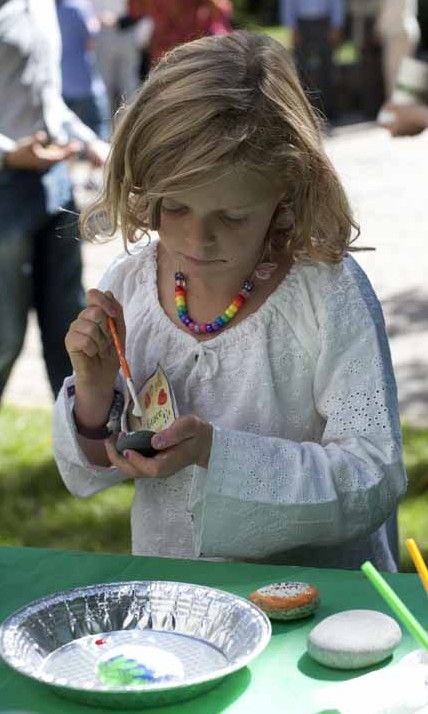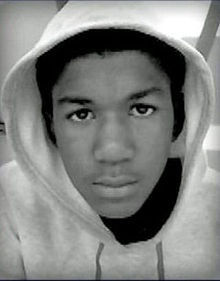Filmed at sunrise on September 12, 2013 on the 57th floor of 4WTC in lower Manhattan. How do you practice resurrection?
Posted in Prayers and Reflections
Praying for One Another
WCUC has a long tradition of praying for one another during Joys and Concerns on Sunday morning. This past Sunday at our Congregational Care Meeting, we tried praying for each other, one on one. Some of us are unfamiliar with this kind of prayer. Here’s a few tips if you want to try:
1. Ask the oth er person if they’re open to praying with you. Accept a “no” with grace!
er person if they’re open to praying with you. Accept a “no” with grace!
2. Ask the person what is troubling them right now; what they are longing for; what they need the most; or simply what they would like to pray about. Don’t assume that you know this already.
3. Sit close to the person you are praying with, holding hands or touching a shoulder if that is comfortable for both of you. If you’re not sure if touch is welcome, ask.
4. Offer a brief prayer. One simple formula is to use an address (name for God), one or two petitions (requests), and a closing. For example: Gracious God, comfort xx as s/he struggles with xx. Help her/him feel your presence and support. In Jesus’ name, Amen. Or: Holy One, strengthen xx and all who surround her/him. Grant her/him relief and fill her/him with your peace. Amen.
Although praying together might feel a little awkward at first, it can be very powerful anyway. The most important thing is not the words that are said, but your loving presence and your intention to dwell in God’s presence with them.
If this kind of prayer is just too uncomfortable for you, you could try praying the Lord’s Prayer together, using another pre-written prayer, or writing a prayer on a card that you give or send to the person you are praying for.
May we be a blessing to one another as we lift one another up in prayer.
Parenting as Spiritual Practice
How does having children in our midst change our spiritual lives? Young people influence all of us, parents or not, in all kinds of ways. Rabbi Danya Ruttenberg reflects in the New York Times about how praying with and praying around children has impacted her.
how praying with and praying around children has impacted her.
How do children teach you about God? How does their presence at WCUC matter to you?
A Blessing for Labor Day
Praying for Syria
Many of us have been following the conflict in Syria and news of possible involvement by the United States. This article from the Washington Post summarizes the situation, arguing that while civil war is unavoidable, our limited involvement may make chemical warfare less likely in this and other conflicts.
As we consider how to pray, and how to engage our political system, Jesus’ teachings tell us that our aim should be a peace with justice; that we should have compassion on and seek solidarity with all who suffer; and that God is with us at all times, in all things.
 God of all the nations, we pray for our sisters and brothers in Syria. May wisdom arise; may justice spring up; may peace and mercy in time come to bloom among them. May the longings of our hearts be a part of your holy power, always at work in the tombs of the world, bringing resurrection. Amen.
God of all the nations, we pray for our sisters and brothers in Syria. May wisdom arise; may justice spring up; may peace and mercy in time come to bloom among them. May the longings of our hearts be a part of your holy power, always at work in the tombs of the world, bringing resurrection. Amen.
Teach us How To Pray
In Luke’s gospel, the disciples come to Jesus with a simple request: Lord, teach us to pray. Jesus replies with these words: When you pray, say: “Father, hallowed be your name. Your kingdom come. Give us each day our daily bread. And forgive us our sins, for we ourselves forgive everyone indebted to us. And do not bring us to the time of trial.” (Luke 11:1-4)
Many books have been written on this prayer, which is recorded in a slightly different version in the gospel of Matthew. Each word, each phrase, has been pulled apart and put back together, to try to get at just what Jesus was saying. What does this prayer mean to you? What part of it seems most important today? What can it teach us about how to pray?
In Our Prayers: Trayvon Martin and Paula Deen
Late last night, George Zimmerman was found not guilty of second-degree murder or manslaughter, after shooting an unarmed teenager, Trayvon Martin. From what I can understand, the jurors who decided this case did  their duty: they upheld the law of their state based on the evidence presented to them. But justice was not done.
their duty: they upheld the law of their state based on the evidence presented to them. But justice was not done.
The United States has been marked by racism throughout its history. Violence, enslavement, segregation, detainment, discrimination, and other forms of hate are sins we have practiced again and again. Yet many of us, particularly white people, downplay the issues of power, privilege, prejudice, and injustice that pervade relationships between people of many skin colors and cultures in our country today.
In our desperate desire to forget our racist history and ignore our racist present, our national dialogue tends to focus on individual examples of racism, such as Paula Deen. But this is not enough. What about the pervasive racism that made Trayvon Martin’s murder and the exoneration of his shooter possible? What about the more subtle forms of racism that all of us participate in, to our own dismay? This is no way to live out the dream of justice and equality that our nation holds up as its goal.
How can we all, especially those of us who are white, learn and teach that the era of racism is not over? How can we begin to address the systemic racism that impacts our public discourse, our laws and their enforcement?
God of Peace and Justice, we cry out in grief over the tragic death of Trayvon Martin. We pray for all victims and perpetrators of racism. Teach us courage, humility, honesty, and compassion as we work to end this sickness that touches us all. Amen.
Words from the United Church of Christ
George Zimmerman, Not Guilty: Blood on the Leaves by Jelani Cobb in the New Yorker
[youtube=http://www.youtube.com/watch?v=U6Uus–gFrc&feature=share]

